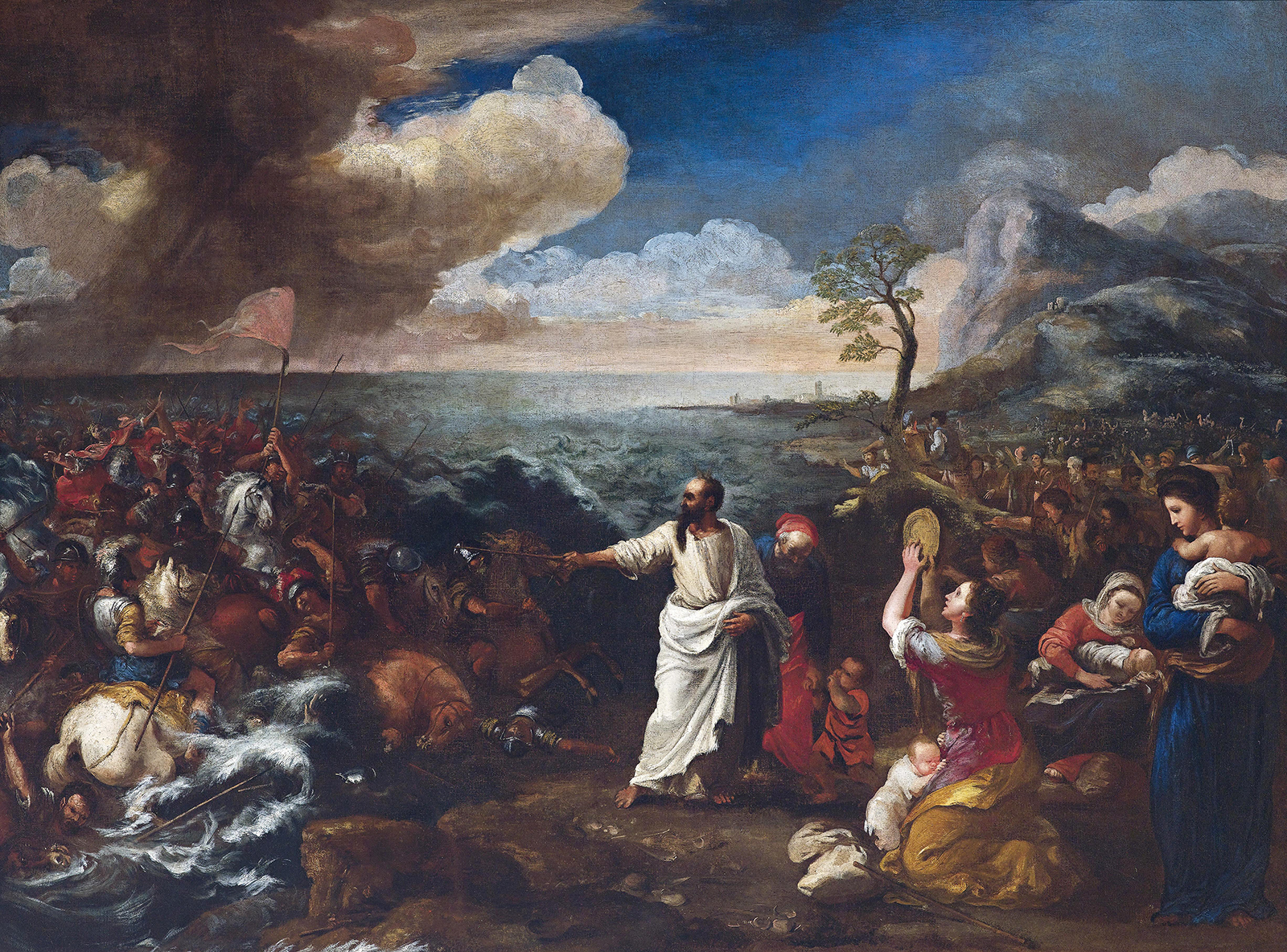(RNS) — One thing key to the guide that has guided Passover Seders for far more than two millennia gives all Us citizens now, no matter of faith or cuisine, well timed food stuff for imagined.
Though the Haggadah — the Passover Seder reader — is an eclectic compendium, that includes Biblical narratives, poetry and tracks, its stripped-down essence is explained in the Mishna, the earliest Talmudic textual content, starkly: “We commence with degradation and commence to praise.”
What particularly that means is the subject of Talmudic argument (it is the Talmud, just after all). 1 feeling is that the “degradation” refers to early Abraham-era idolatry and the “praise” to the Jews’ embrace of monotheism.
Another rabbi observed the “degradation” as the enslavement of the Jews in Egypt, the escape from which Passover celebrates. Like all slavery, the Jews’ servitude cast a demeaned attitude in the oppressed that’s why, degradation. The “praise” is the divine delivery of the Jews to independence.
What is distinct, though, is that the ancient rabbis deemed stressing the “bad previous times” of the previous vital to the Passover celebration.
Recalling slavery is an understandable ingredient to contain on Passover, considering that no a single can understand the import of freedom and savor it rather like a previous slave.
But the second opinion’s admonition to bear in mind inglorious roots in idolatry? Who ordered that?
The historical rabbis, I assume, conveyed a refined but essential information: Liberation from misguided thoughts parallels liberation from bodily servitude. Remembering the expertise of slavery is essential to genuinely, thoroughly appreciating bodily flexibility recalling abhorrent beliefs is furthermore required to actually appreciating subsequent spiritual progress.

“The Passage via the Purple Sea” by Jacques Courtois in 1676. Image courtesy of Artistic Commons
One who has gone from religious degradation to refinement, the Talmud is indicating, should really not deny or attempt to erase memory of the before darkness. On the opposite, by recalling it evidently, he is in a position to definitely respect its upshot: the blessing that is his current.
That truth isn’t constrained to Jews and Jewish historical past, or to individuals. It is poignantly pertinent to all Americans’ notion of our country’s historical past.
That the United States is a beacon of flexibility and democracy now is no explanation to obscure or disregard features of our country’s previous that go away us far from happy. It is, instead, a persuasive motive to recall them.
The English colonists who landed on our shores in 1607 and laid the groundwork for what would later on turn out to be a nation dedicated horrible crimes in opposition to the human beings they observed in this article. Above the study course of two generations, thousands and thousands — quite pretty much — of Native Us residents ended up killed by the European settlers of the land, not only in the system of repelling attacks but also, it should be stated, for no morally defensible purpose.
Figuring out, and dwelling on, that fact does not mar the nation that we are element of currently rather the opposite. The “degradation” of some of those people who settled the land, just like the idolatry at the roots of the Jewish people, deserves — needs — our target. Not only mainly because it is correct and truths need to not be denied, but also for the reason that it will help us improved respect how considerably our state has appear.
And the exact is true of other, a lot more modern “degrading” truths in the American previous, regardless of whether slavery and its defense about so many a long time, the erstwhile level of popularity of the Ku Klux Klan, Jim Crow laws, the internment of tens of hundreds of Japanese-Americans during Environment War II, or Vietnam-period atrocities like the My Lai massacre.
Regrettably, these days, quite a few in our region have turn out to be infected with a partisan us-vs.-them mentality and check out the incorporation into instructional curricula of regrettable details of our nation’s record as some form of a betrayal of America.
To be certain, our state remains considerably from excellent. But it has traveled gentle years above its earlier degradation. And so, it deserves celebration — which includes target on the unlucky parts of American historical past.
So when the Haggadah will be on a lot of Jews’ tables this Passover, as every Passover, its core information — the importance of recalling awkward truths — belongs on every single American’s plate.
(Rabbi Avi Shafran is director of general public affairs for Agudath Israel of The us, a national Orthodox Jewish firm. He blogs at rabbishafran.com. This was adapted from “The Assure of Liberty Haggadah,” edited by Stuart Halpern and Jacob Kupietzky, to be posted in 2024 with Maggid Textbooks. The sights expressed in this commentary do not essentially mirror those people of Faith Information Provider.)